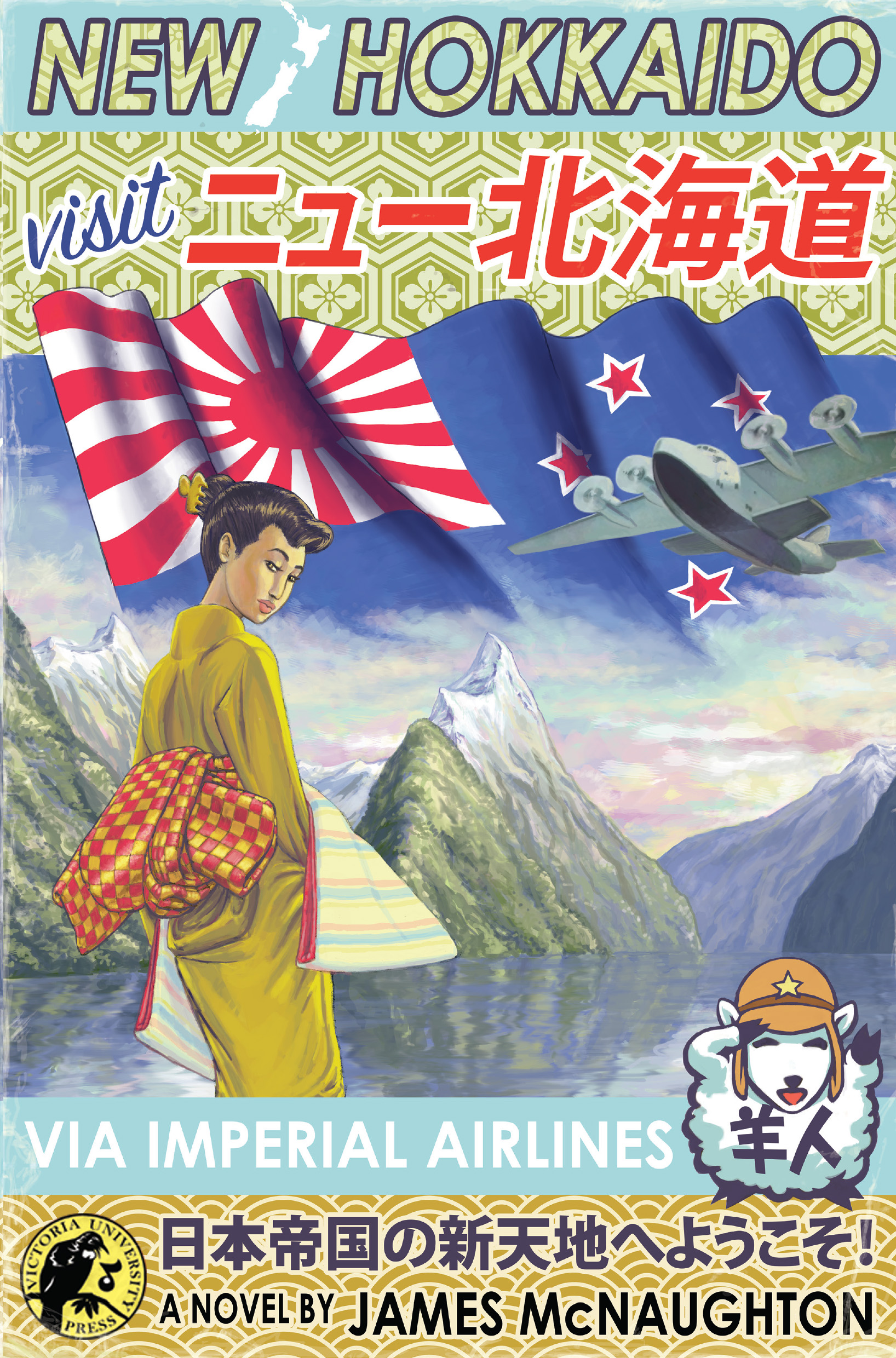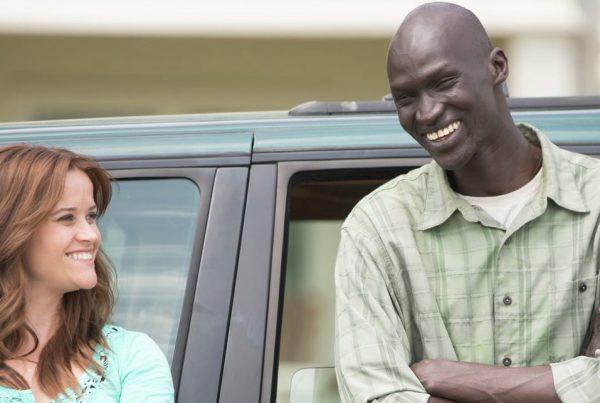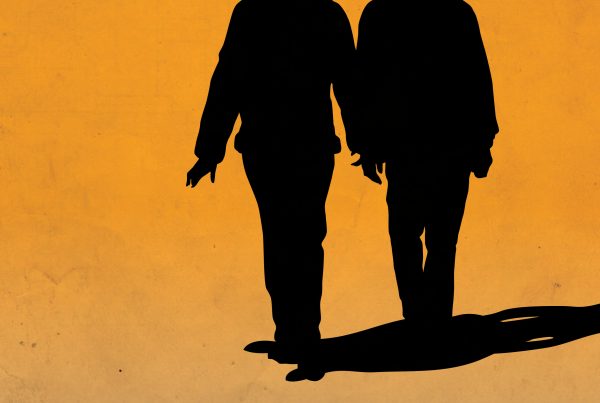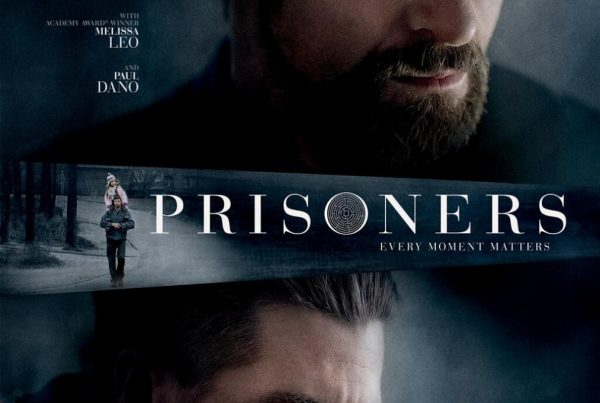The past, we’re often reminded, is another country. It’s still inaccessible to even the worldliest of 21st-century travellers; good luck working out the status of forces agreement necessary to traverse that hostile terrain. You’ll make better headway from your sofa. Francis Fukuyama proclaimed the “End of History” back when CDs were new and the Gulf War was still speculation, and the disc’s been skipping ever since.
Sofa-bound time-travellers, meanwhile, explore alternate timelines: the past as tumbling causal kaleidoscope. Emperor Hirohito, who ignited the flashpoint to the Japanese–American phase of the Second World War, died months after Fukuyama’s history ended; but in his firebrand days, he had approved the attack that led America into the Pacific, an incursion that in turn cast an Enola Gay shadow over Hiroshima. For his debut novel, New Hokkaido, James McNaughton gifts Hirohito with a prophetic dream — a vision of Hiroshima in flames — leading to a retreat from Pearl Harbour, a Second World War without America, and a New Zealand living out the 20th century as a reluctant outpost of the Japanese Empire.
It’s an unsavoury fantasy — what if your grandparents’ queasy Japanophobia were the mark of patriots in our lifetime? — but McNaughton doesn’t let latent Kiwi xenophobia go unexamined. There’s some deft exploration of a country where Buzzy Bees and the haka are stomped out of sight by the occupying power, rather than branded onto hamburger advertisements. It’s hard to be sure just how far McNaughton is taking the joke — our apparently cultured protagonist spends a lot of time comparing Japanese people to animals and fantasising about shaven kawaii honeys — but give his exploration the benefit of the doubt.
Alt-history abounds further in ShameJoy, Julie Hill’s short-story collection and the debut of Wellington publisher Giant Sparrow Press. Here, a girl named Pania ends the Cold War, only for Australia and New Zealand to launch hostilities over a goddamn mediocre desert; and charismatic weirdos accrue subtle undercurrents of devotion in the shadow of holy mountains. It’s a twee-as-you-please jaunt through a world where everything, as we’d say in New Zild, is ‘a but shut’: a voice equal parts Lena Dunham and Fred Dagg.
After venturing so far into the what-if and the never-was, the simple things have a welcome weight. Give Us This Day is Wellington author Helena Wiśniewska Brow’s memoir of family and exile, and in its way every bit as causally adventurous as Hill and McNaughton’s excursions. Brow and her ageing father explore a Europe overturned by the Second World War, retracing the Polish migrant journeys of a half-century earlier. Brow maps the lines between, from her father’s journey through to the formation of her own family: a lifetime of unsettlement, ending up in a place that, for many here, will always feel like another country.







